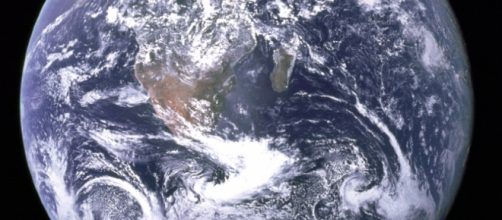Each year, the Earth must recover from the use of soil, water, air, and the ability to remove carbon dioxide from the atmosphere and hold it in a solid or liquid form called "carbon sequestration." Our planet is not able to replenish what will be used for the rest of the year. However, this day is used as a way to represent how much the Earth produces vs how much humans use.
How the date is calculated
Overshoot Day has a history that spans over the past 30 years and began in 1986 when the date was picked in November. As decades went on, we somehow ended up with the day being calculated in early August.
The Global Footprint Network (GNF) calculates how much is replenished throughout the year then compares how much humans use during the year. The calculation of oil consumption, soil use, etc. for the average household led the GNF to find that we need 1.7 planets to sustain our natural resource use. This number does not take into account engineering to yield more crops, treat water, and be more energy efficient so the number is a rough estimate.
Evidence shows that the Earth does produce a limited amount of resources each year, and these amounts change based off CO2 and plant growth correlations, Human population, mass extinctions, etc.
What the future holds
One day the human population will come face to face with the harsh reality that it is so overpopulated that the Earth cannot produce enough to sustain life.
With a current world population of 7.5 billion and rising, the day is coming closer and closer.
Humans are smart, and we have the power to make the change to help Earth sustain life and reduce the effects of climate change. However, there are some possible paths we can take to deal with this issue at hand:
- Engineer more efficient ways of living to allow us to live with the current luxuries and technology we have now, such as solar-powered housing and cars.
- Inhabiting another planet like Mars, a plan being heavily pioneered by Elon Musk, CEO of SpaceX and Tesla,
- Famine and disease wiping out populations in mass.
- The currently rejected idea of artificially reducing human population by killing off people.
Humans get themselves into sticky situations often, and with nations coming together to address climate change, and American cities pushing to individually uphold the Paris Climate Accords following President Trump's rejection of the Accords, the future may be bright as long as humans come together to address that Overshoot Day is only coming sooner and sooner every year.


